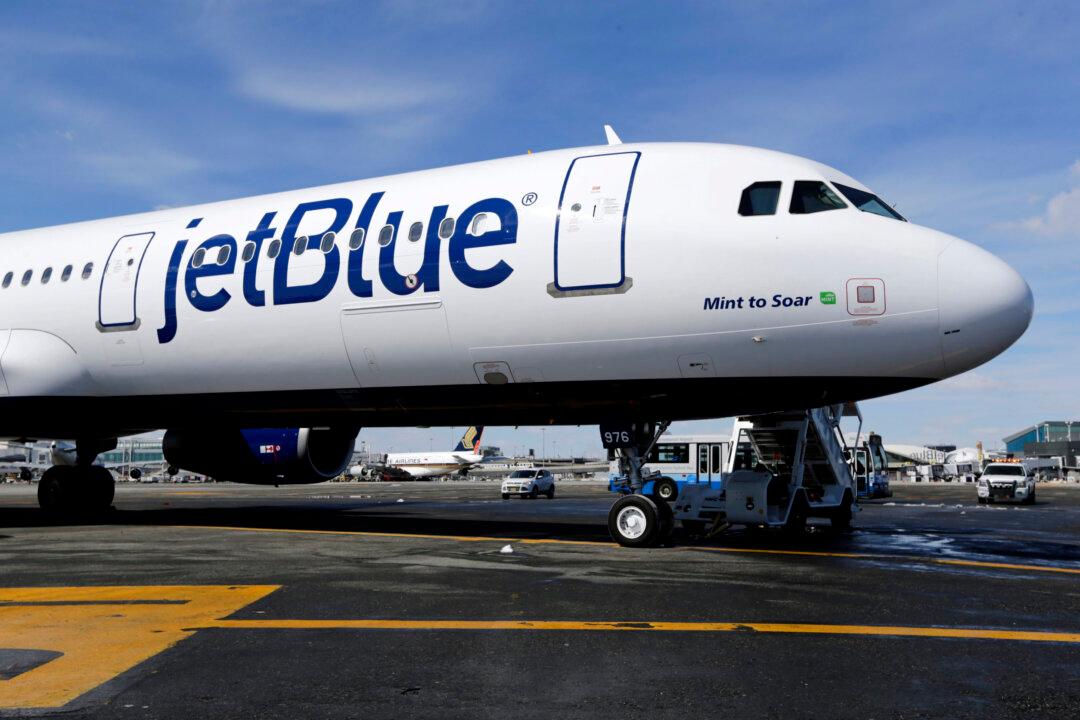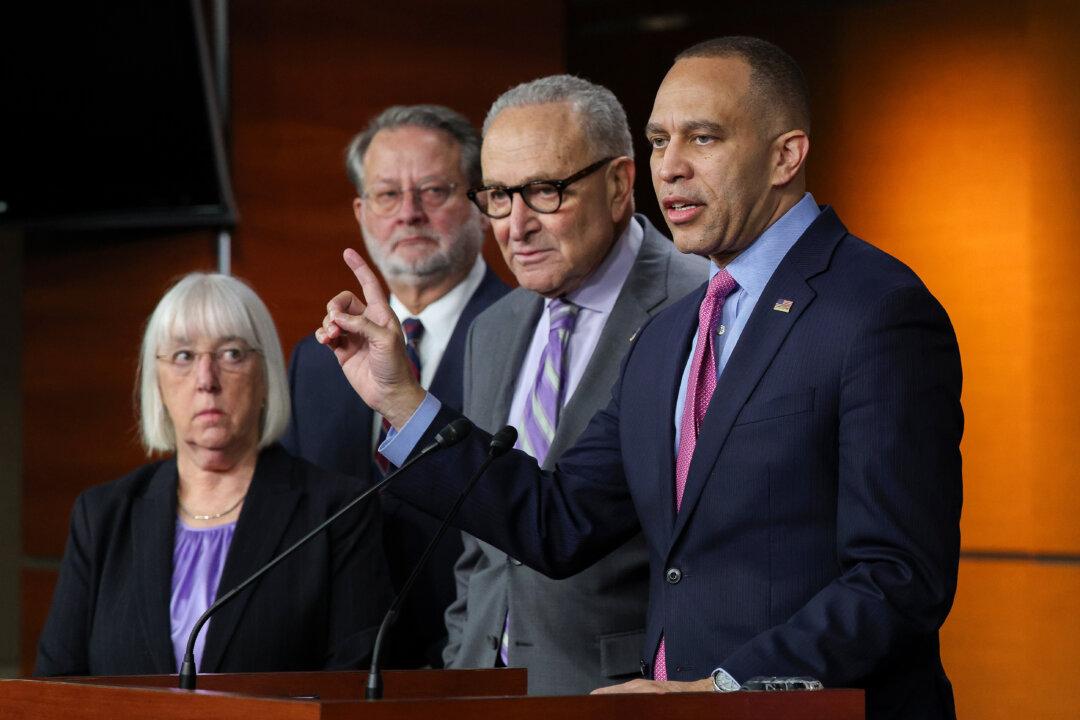JetBlue Airways has pulled back its full-year forecast after worsening travel demand and weak consumer sentiment cut into first-quarter revenue, executives said in an earnings release and call on April 29.
The New York-based airline reported a net loss of $208 million, or 59 cents per share, as total operating revenue declined by 3.1 percent to $2.1 billion. Although unit revenue—revenue per available seat—rose by 1.3 percent year over year, overall demand fell as fewer passengers booked flights during off-peak periods.





